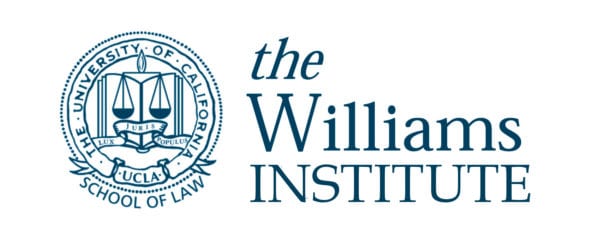 Texas’s legal landscape and social climate contribute to an environment in which LGBT people are at risk of experiencing stigma and discrimination, according to a new study by the Williams Institute at UCLA School of Law.
Texas’s legal landscape and social climate contribute to an environment in which LGBT people are at risk of experiencing stigma and discrimination, according to a new study by the Williams Institute at UCLA School of Law.
“State laws in Texas do not protect LGBT people from discrimination based on their sexual orientation or gender identity, and local ordinances protect less than one-fifth of Texas’s residents from such discrimination,” said Christy Mallory, State & Local Policy Director and Anna M. Curren Fellow at the Williams Institute and co-author of the report. “Additionally, Texas ranks in the bottom quarter of states in terms of social support for LGBT people, although support is increasing over time.”
Texas is home to an estimated 770,000 LGBT adults and 158,500 LGBT youth. The study documents the prevalence and impact of several forms of stigma and discrimination against LGBT individuals in the state, including harassment and discrimination in employment, housing, and public accommodations; harassment and bullying in schools; and family rejection.
“Stigma and discrimination can negatively impact LGBT individuals’ health and wellbeing,” said Brad Sears, Executive Director and Roberta A. Conroy Scholar of Law and Policy at the Williams Institute and co-author of the report. “Research shows that these experiences can lead to economic instability and poorer health for LGBT people.”
In terms of economic stability:
About one-quarter of LGBT adults in Texas report that they do not have enough money for food compared to about one-fifth of non-LGBT adults, according to Gallup data. Similar proportions of LGBT and non-LGBT people report that they do not have enough money to meet their health care needs.
30 percent of Texas LGBT adults and 26 percent of non-LGBT adults report having a household income below $24,000, according to Gallup data.
The 2015 U.S. Transgender Survey found that 17 percent of respondents in Texas were unemployed, and 34 percent were living in poverty.
LGBT adults and youth in the state are also more likely to experience certain health outcomes that have been linked to experiences of stigma and discrimination:
LGBT adults in Texas are significantly more likely to have been diagnosed with a depressive disorder and to report binge drinking than non-LGBT adults, according to data from the 2015 Texas Behavioral Risk Factor Surveillance System survey.
LGB students in Houston and Fort Worth, Texas, were about three times more likely to have seriously considered suicide than non-LGB students in the past year, according to data from the 2015 Youth Risk Behavior Survey.
LGB students in Houston and Fort Worth were also more than twice as likely as non-LGB students to report smoking cigarettes in the past month, and were also more likely to report drinking and marijuana use, according to data from the 2015 Youth Risk Behavior Survey.
The study found that stigma and discrimination against LGBT people in Texas negatively affect the state, businesses, and the economy in a number of ways, including by:
Reducing employees’ productivity and employers’ ability to recruit and retain talented employees;
Increasing LGBT individuals’ reliance on public benefits;
Reducing lifetime achievement of LGBT youth; and
Increasing costs associated with higher incidence of major depressive disorder and binge drinking among the LGBT population.
The study called The Impact of Stigma and Discrimination Against LGBT People in Texas concluded that if Texas were able to move toward creating a more supportive environment for LGBT people, it would likely reduce economic instability and health disparities experienced by LGBT individuals, which, in turn, would benefit the state, employers, and the economy.

